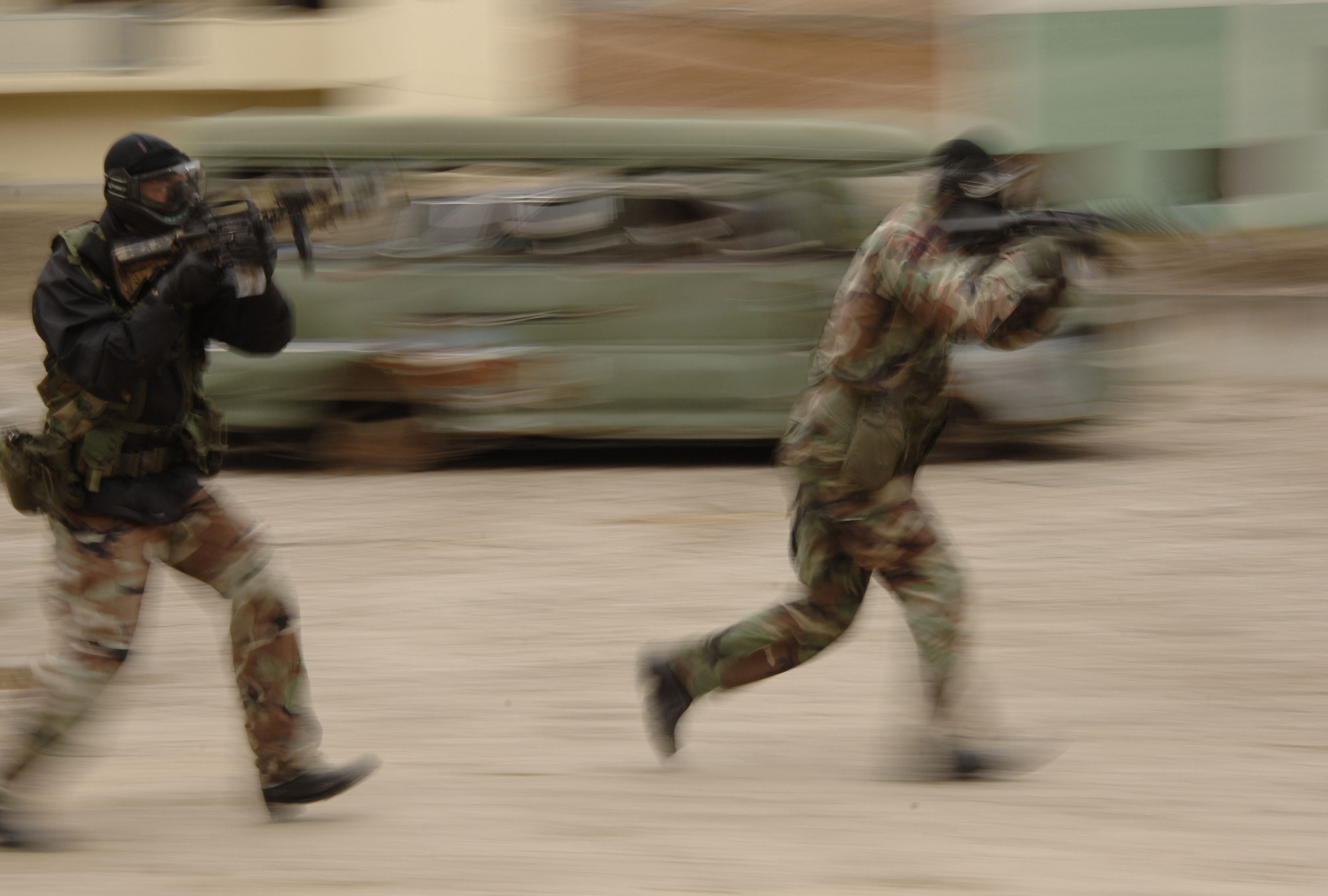The U.S. military in South Korea asked the Pentagon for more troops and stronger ballistic missile defenses, amid rising tension with the regime of North Korea’s dictator Kim Jong Un.
General James Thurman, the commander of U.S. Forces Korea, met recently with U.S. Army Chief of Staff General Ray Odierno to ask for an additional attack-reconnaissance squadron and “increased capabilities” in missile defense, Thurman told the Association of Republic of Korea Army in Seoul yesterday.
“Maintaining high levels of readiness requires having the proper manning, the proper force structure, and the most modern equipment,” Thurman said in his speech. He said he’s confident his request will be met.
Thurman’s request would be the first to seek more U.S. forces along the border since Kim took power following the death of his father, Kim Jong Il, in December. Tension has increased after a failed rocket launch by North Korea in April, a move that prompted speculation the North may conduct a nuclear test to reassert itself.
A full-strength brigade would have two squadrons, Jennifer Buschick, a U.S. Forces Korea public affairs officer, said in an e-mail yesterday. She said she was not authorized to comment on the number of troops per squadron.
Thurman also singled out the importance of strengthening the Air Force and working with the Marines and the Navy to mobilize maritime support when needed.
Nuclear Concerns
While North Korea denies planning a nuclear test “at present,” the Kim Jong Un regime has repeatedly threatened to attack South Korean President Lee Myung Bak’s government. The hostile rhetoric from the North, which vowed April 24 to turn him and his government into “ashes in three or four minutes,” is meant only for internal consumption, Lee said.
On June 4, North Korea threatened to target the offices of seven South Korean media outlets with “strategic rockets” for their “vicious smear campaign” against Kim. While North Korea often issues threats of war, the statements have become more specific to list the longitude and latitudes of targeted locations.
The Korean peninsula technically remains at war since the 1950-1953 conflict ended without a peace treaty, instead in division along the 38th parallel. The U.S., fought in the war in alliance with what is now the South Korean government, and still maintains 28,500 troops on the peninsula’s southern half.



0 comments:
Post a Comment